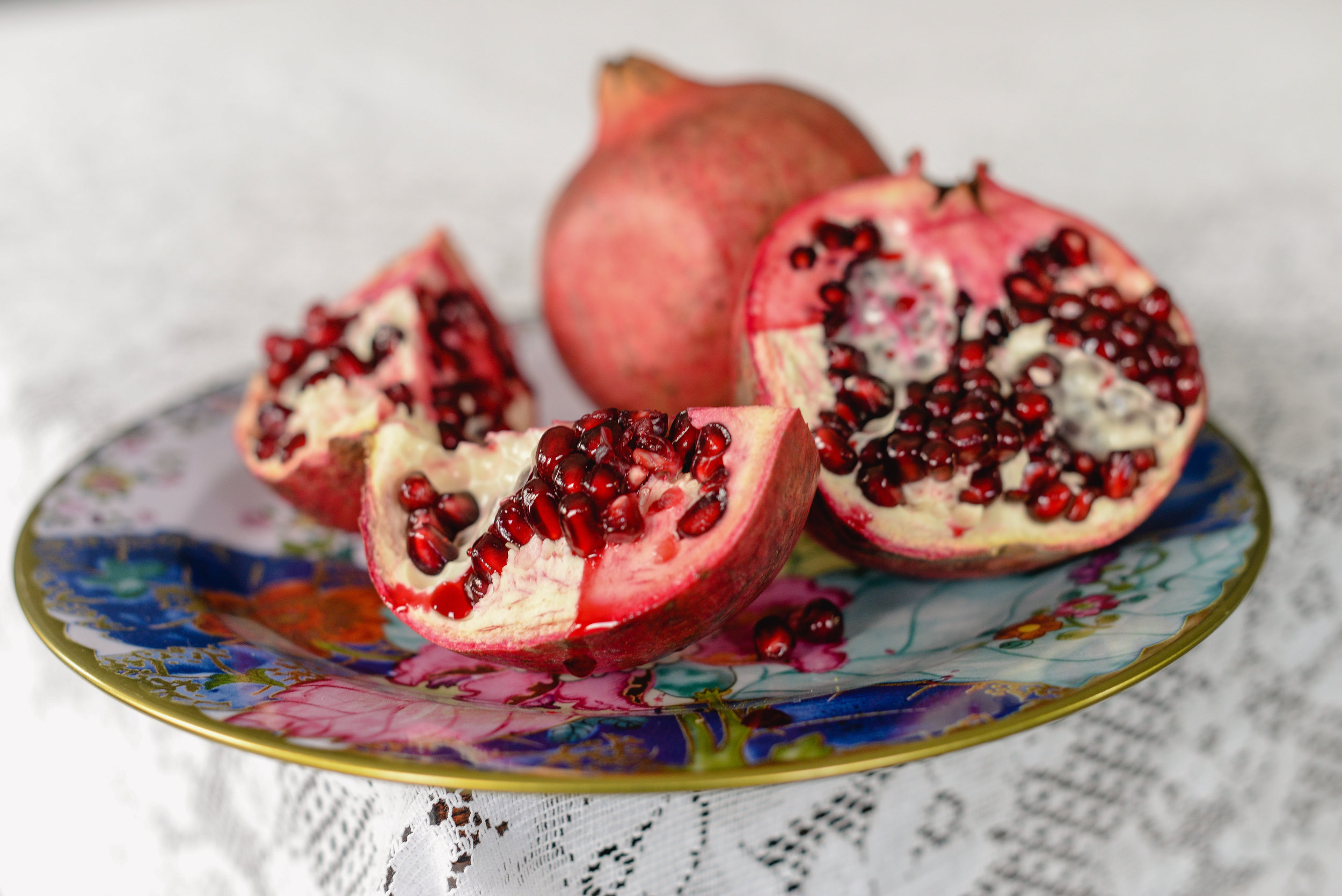Beautiful Misfits
I've had this book for a while, Lidia Yuknavitch's The Misfit's Manifesto. I was waiting to read it, waiting to feel emotionally ready for it. You know what I mean. But then I forgot I was waiting, and it made it to the top of my to-read pile, and I started in. So yeah, it's an emotional read, for an emotional time of year, really. But it's also lovely and hopeful and beautiful and deeply human.
From the Ted Talk:
“Even at the moment of your failure, you are beautiful. You don't know it yet, but you have the ability to reinvent yourself endlessly. That's your beauty.”
Probably you watched the Ted Talk that the book is based on when it came out. Everyone was sharing it.
The book starts out by saying what a misfit is not.
“I'm not talking about how we all, on occasion, feel weird, or lonely, or exhausted, or like a failure, or left out. Everyone feels those things sometimes. That's the human default. I'm not talking about feeling out of place or awkward. I'm not talking about chafing against social roles, or losing one's way, or midlife, crises, though all those states of being are important and worth honouring.”
The situation of the misfit goes deeper than just feeling out of place. The misfit “never found a way to fit in at all.” Yuknavitch goes on: “I'm talking about how some of us experience that altered state of missing any kind of fitting in so profoundly that we nearly can't make it in life.”
Being a misfit means being “differently sighted.” We can learn so much from this other way of seeing the world. A question Yuknavitch poses for misfits is so useful. She asks, “how do our stories forge useful tributaries that might contribute to the human community?”
How can we listen better and with more empathy to the stories of misfits?
I've always sort of thought of my tribe as being those who identify with being weird or eccentric, so I'm predisposed to love misfits. I don't really know how it is that I managed somehow to fit in, more or less, on the edges of things.
I love the different way she looks at things like mistakes – as portals. I love the way she challenges the archetypal “hero's journey” story arc we all know from so many movies, including the Star Wars movies. What can we learn, instead, or also, from stories that are weird and strangely formed? What can we learn from the stories of misfits?
Lidia Yuknavitch says:
“We may be misfits, but that's only if you look at us from the wrong angle. Turn us even slightly, and we brighten like the phenomenal colours inside a kaleidoscope.”
I'm reminded of Richard Wagamese's line from a few posts ago, where he talks about being an oddball, an eccentric. I'm reminded of the importance of all the unique voices of the human community, how valuable they all are.








